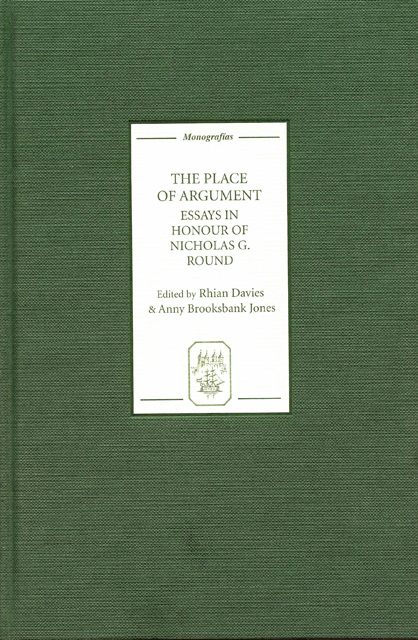Regeneración and Philosophy in the Torquemada Novels
Published online by Cambridge University Press: 10 May 2023
Summary
Although critics often note that Galdós’s works depict Spain in a state of decadence, few have drawn attention to the direct connection between the Torquemada novels and regeneración. This is not altogether surprising since neither the term itself nor its derivatives feature in any of the novels. The closest references relate to ‘reformas’, which can be seen as representing the practical attempts at regeneración (frequently termed regeneracionismo), although the author does refer to its antithesis, in the form of ‘decadencia’ or ‘degeneración’. However, as I have noted elsewhere, it was not uncommon for writers to avoid the direct use of the term regeneración in the period, even where their proposals were connected with the aim of regenerating Spain (Davies 2000). Like the general editor and contributors of La España Moderna [LEM], the review for which Torquemada en la hoguera [TH] (1889) was written, Galdós avoided the use of the term regeneración as his aim was to adopt a detached, critical attitude towards the subject, and thereby promote a kind of regeneración that was far more constructive and profound than the series of empty proposals linked to a ‘fiebre regeneradora’.
The few critics who consider the direct connection between regeneración and the Torquemada novels fail to highlight the complexity of the issues involved. Patrick Dust’s article, ‘Regeneration as Destiny in TH’, is restricted to a consideration of the spiritual concerns of the novel, suggesting that the middle class’s decadence highlights the need for spiritual regeneration. Dust adopts a somewhat moralistic reading of the novel, regarding Bailón as ‘a striking symbol of a spiritual past which carried within itself the seeds of a possible salvation’, and arguing that the character has been ‘so corrupted by the passion for material gain that his type no longer offers any escape from the impasse of decadence’ (1981: 100).
- Type
- Chapter
- Information
- The Place of ArgumentEssays in Honour of Nicholas G. Round, pp. 86 - 102Publisher: Boydell & BrewerPrint publication year: 2007



